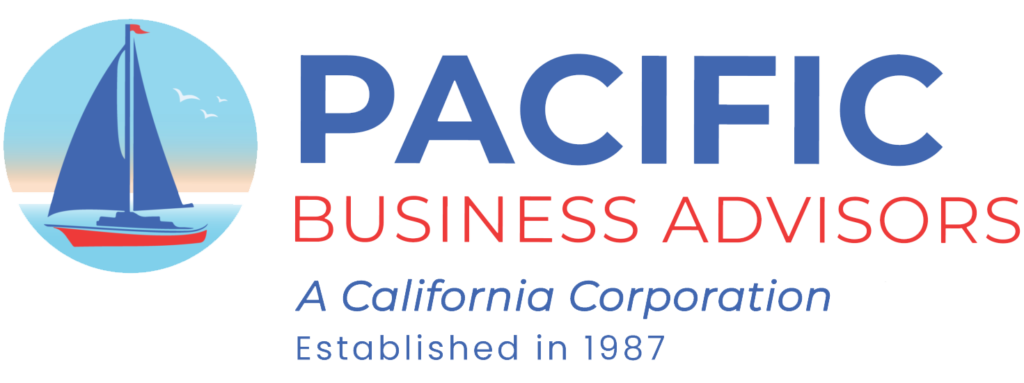

Glossary of Business, Corporate Finance and Investment Terms
Proprietorship or Sole Proprietorship
This is an unincorporated business owned by one person. The individual proprietor is entitled to all profits and is responsible for all expenses and liabilities. A Proprietorship offers the owner no asset protection.
Prospectus
The formal written offer to sell securities that sets forth the business plan of the enterprise and all relevant information the investor will need to make an informed decision to pay or not buy the securities.
Proxy
A written power of attorney by a stockholder authorizing another person to vote on his or her behalf.
Public
Individual investors as opposed to institutional investors such as insurance companies and mutual funds.
Public Offering Price or Offering Price
This is the price at which a new issue of securities is offered to the public by underwriters.
Publicly Held Corporation
A corporation with stock owned by members of the public.
Publicly Traded Stock
Publicly Traded Stock is stock purchased and sold by members of the public sometimes utilizing the services of a stock exchange.
Public Offering
The offering of stock to the public after meeting all registration and disclosure requirements.
Pump and Dump
Refer to Poop and Scoop
Pyramid Scheme
An illegal, non - sustainable business strategy that involves paying participants primarily for recruiting other people rather than providing valuable goods and services to the public. The scheme involves having each participant pay a fee or purchase inventory to get started. The fee and / or sale of the inventory to each participant is the real source of profit. Examples include Charles Ponzi and Bernie Madoff.
Quick Assets
These are cash, marketable securities, and accounts receivable.
Quick Ratio
Cash, marketable securities, and accounts receivable divided by current liabilities. This ratio excludes inventory, thus concentrating on the companies most liquid assets. It provides an answer to the question: If sales declined materially or stopped, could the company still meet its obligation? A Quick Ratio of 1:1 is considered acceptable. This is also referred to as the Acid Test Ratio.
Raider
A corporate investor who intends to take over a corporation by acquiring a controlling interest in its voting stock and then changing its senior management. Raiders who acquire 5% or more of the voting stock of a target corporation must report the acquisition to the SEC, the listing exchange, and the target corporation.
Ratio Analysis
This is a method of financial analysis used to make credit, investment, and financial decisions. It uses the relationships of numbers found in financial statements. Ratio Analysis will help the analyst determine the strengths and weaknesses of a company, as well as important trends.
Renewal Terms
Franchise agreements have a termination date that will range from five to more than ten years. Most, but not all, can be renewed subject to renewal terms set forth in the Franchise Agreement. Renewal Terms vary among franchises.
PacificBusinessAdvisors.net
Office: 818-991-5200
Direct: 818-991-9019